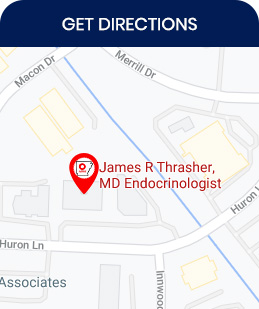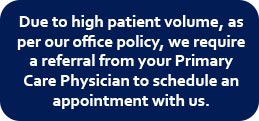Type 2 Diabetes Treatment Questions and Answers
Do you have type 2 diabetes and just can’t seem to get the control you are expecting from your current oral and or injected therapy? Call to see one of our specialists at ADEC today for an evaluation and care plan to understand your diabetes and make the most out of your therapy. We serve patients from Little Rock AR, Conway AR, North Little Rock AR, Pine Bluff AR, Hot Springs AR, Benton AR, Sherwood AR, Russellville AR, Jacksonville AR, Cabot AR, Searcy AR, Bryant AR, Jonesboro AR, Forrest City AR, Magnolia AR, Camden AR, Malvern AR, Batesville AR, Arkadelphia AR, Clarksville AR, Monticello AR, Heber Springs AR, Morrilton AR, Stuttgart AR, Greenbrier AR, Sheridan AR and Vilonia AR.


Table of Contents:
What is type 2 diabetes?
Should people with type 2 diabetes see an endocrinologist?
What should I ask my endocrinologist?
What types of therapies are recommended by your specialist?
Our bodies need insulin, which is a vital hormone that helps regulate the movement of glucose (sugar) into our cells. Glucose is an important source of fuel for our cells. With type 2 diabetes, your pancreas does not produce enough insulin, causing your cells to then not respond properly to it. As a result, your cells take in less sugar. Type 2 diabetes used to be widely known as ‘adult-onset diabetes’, although we now know that both type 1 and 2 can impact people of all ages, and at any stage of life. Type 2, however, is more common in older adults.
Type 2 diabetes can be difficult to diagnose at first, as the symptoms can come on slowly over time, and be similar to symptoms of other common issues or conditions. In general, symptoms may include increased hunger and thirst, blurry vision, fatigue, sores that are slow to heal, frequent urination, fatigue, and frequent infections. Treatment options are available, so don’t hesitate to see a physician if you are experiencing any of these symptoms. Tests will be run to get a clear answer.
While some patients with type 2 diabetes may be able to manage their condition under the supervision of their primary care provider, an endocrinologist can be a very helpful addition to your care. An endocrinologist is a doctor that specializes in the body’s hormone systems, and is trained in assessing and treating imbalances related to them.
This means that type 1 and 2 diabetes are conditions that an endocrinologist is very familiar with treating and monitoring. While it’s true that lifestyle factors like diet and exercise are important parts of managing type 2 diabetes, you may need additional support and treatment. An endocrinologist can be an integral part of that, and shouldn’t be ruled out as an option.
If you’ve been newly diagnosed with type 2 diabetes or are struggling to manage your condition, you may feel scared, frustrated or confused. You deserve to be an active participant in your care, and your concerns should be clearly heard and received by your care provider. When meeting with an endocrinologist, either at the initial stages of your diagnosis or later on, you are encouraged to ask questions about your care. The bulk of these questions may have to do with your A1C score, or blood sugar levels. This score helps both you and your care provider get a sense of where your condition is at, and is an important part of monitoring your type 2 diabetes. You may ask your endocrinologist:
– Based on my current situation, what do you expect my A1C score to be at?
– Do you do A1C tests during appointments? If so, how often?
– How often do you expect me to test my blood sugar levels?
– Are you familiar with all the current treatments available for those with type 2 diabetes?
In addition to these specific questions, you may want to get a sense of the provider’s experience treating other patients with type 2 diabetes. You can also ask how long appointments generally are, and what you as a patient can expect at each appointment. Since caring for type 2 diabetes involves various factors, you can also ask about additional support that the endocrinologist may be able to direct you towards, such as a dietician or diabetes educator, to help ensure you have comprehensive, affirming care.
You may have heard that type 2 diabetes is mainly managed by diet, exercise, and weight loss. However, you should not be dismissed from further care and treatment if you are still struggling to manage your condition outside of those lifestyle factors. At ADEC, we take a patient-centered approach by assessing your condition and life situation, and ensuring you have the right information and treatment options available.
There are various pills and injectable medicines that can help manage your type 2 diabetes. Some patients with type 2 diabetes will need to take insulin, and the method of delivery depends on the patient. Depending on your situation, you could be a candidate for an insulin pump, and we can walk you through this process at ADEC. The American College of Endocrinology Guidelines suggest consideration in type 2 diabetes who are currently performing 4 or more insulin injections and 4 blood glucose checks, (or CGM). At ADEC, we work with the best and most up to date treatment options and guidelines, taking an approach that works best for each individual patient.







